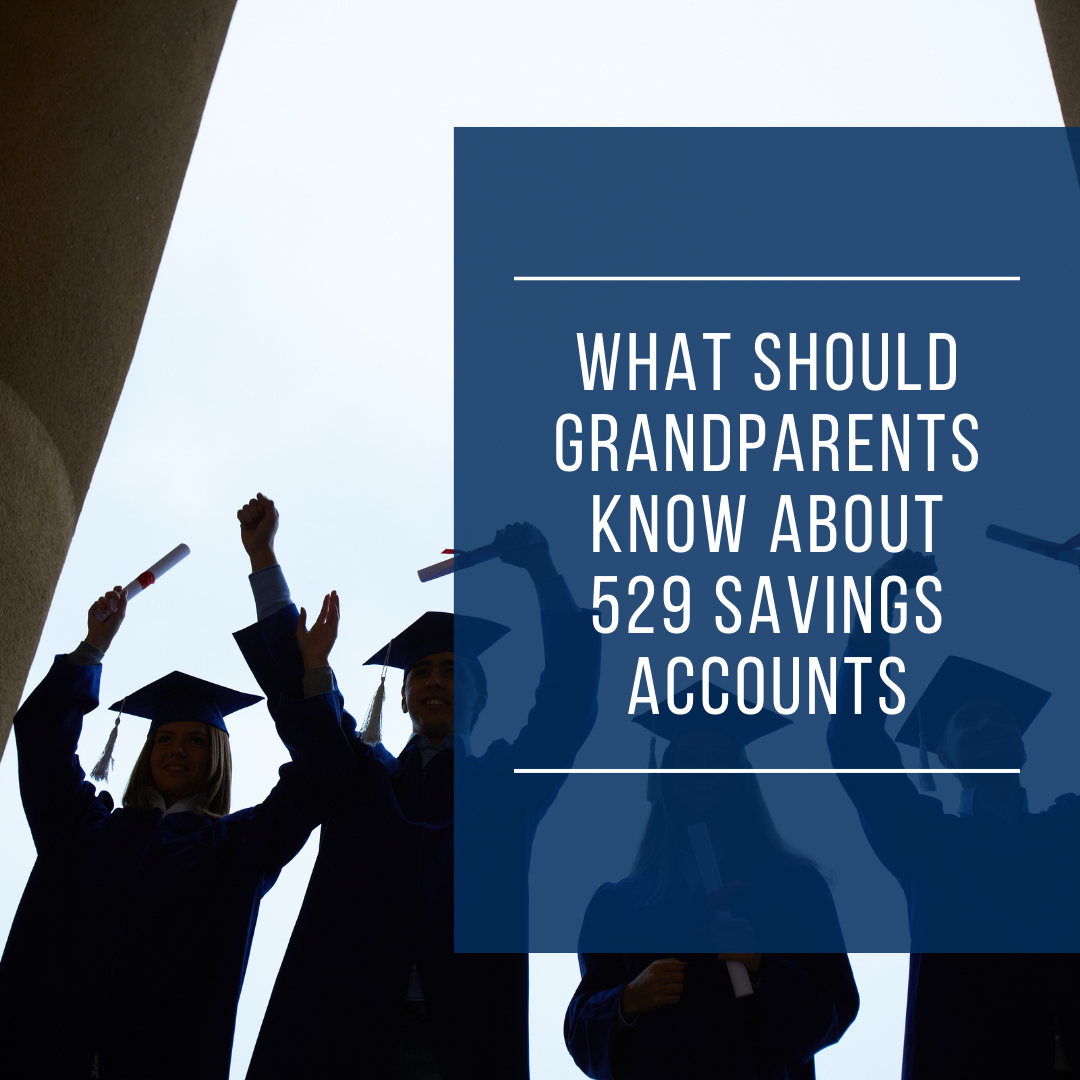Grandparents: The 529 Plan Mistake
It is no secret that college costs rise every year and generationally we are saving less and less. This created a problem that was “resolved” by the creation of the 529 plan. A 529 plan is a tax-advantaged savings plan designed to encourage saving for future college costs. 529 plans, legally known as “qualified tuition plans,” are sponsored by states, state agencies, or educational institutions and are authorized by Section 529 of the Internal Revenue Code.Enter the grandparents. According to a 2014 survey by Fidelity Investments, 53 percent of grandparents were saving or planned to start saving for grandchildren’s college expenses. A whopping 90 percent of those surveyed said that if asked, they would likely help with college costs in lieu of other gifts.
Many financial advisors encourage clients to open 529 college savings plans for grandchildren. Investments in 529 plans are free of federal income taxes until money is withdrawn for qualified educational spending.
While many cash-strapped parents appreciate the assistance from grandparents in financing their children’s education, families should be aware of a potential pitfall to grandparent-owned 529 accounts. While yes, A 529 account owned by a grandparent is not reported on the Free Application for Federal Student Aid form (FAFSA).
FAFSA is filed yearly and helps determine a college student’s eligibility for federal financial aid. In contrast with the parent-owned 529 account, which includes 5.6 percent of the value deemed part of the expected family contribution.
However, a different problem arises when funds from a grandparent-owned account are distributed for a grandchild’s education expenses. At that point, the funds are considered student-owned, and reduce the following year’s financial aid award by 20 percent. It’s worth noting: The grandparent’s ownership of the 529 account does not affect the grandchild’s financial aid eligibility. It is only when the money is distributed that it is considered the grandchild’s income.
The key to paying for college is all in the planning process. You cannot afford to leave things to chance, as that is how mistakes are made, and the cost could be your child’s education. Additionally, there are other college planning tools out there besides the 529 plan that offer tax advantaged savings. However, unlike the 529 plan, you can receive the benefits not only tax free, but also as unreported income, and it is hidden from FAFSA. What would that mean to you and your family? How much better off will you and your aspiring student be?
To see how this applies to you, or for more information; call my office today!

